Anti Migraine
- Total Items (0)
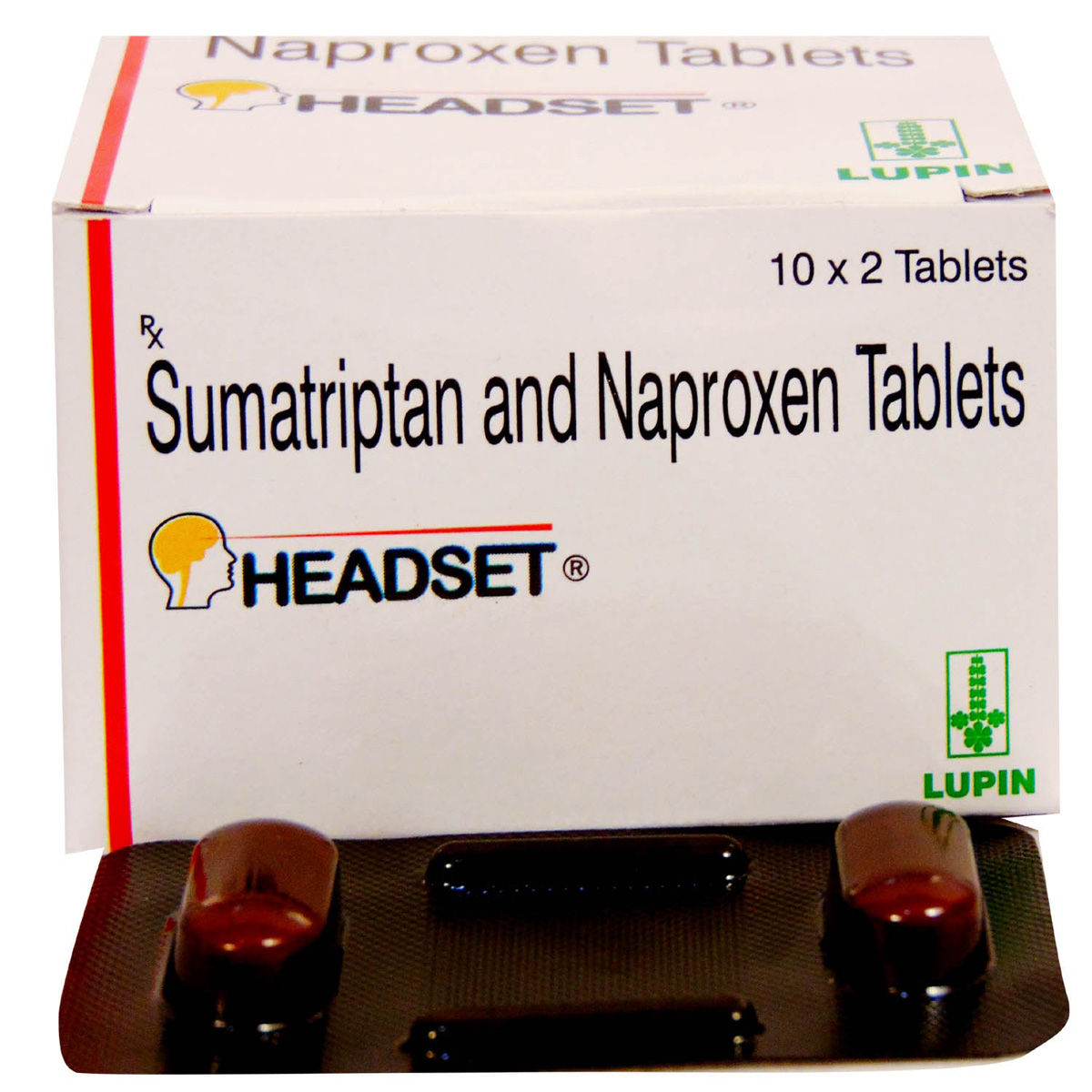 RX
RXHeadset Tablet 2's
₹137.70
MRP ₹153
10% off
 RX
RXRizact 10 Tablet 4's
₹366.30
MRP ₹407
10% off
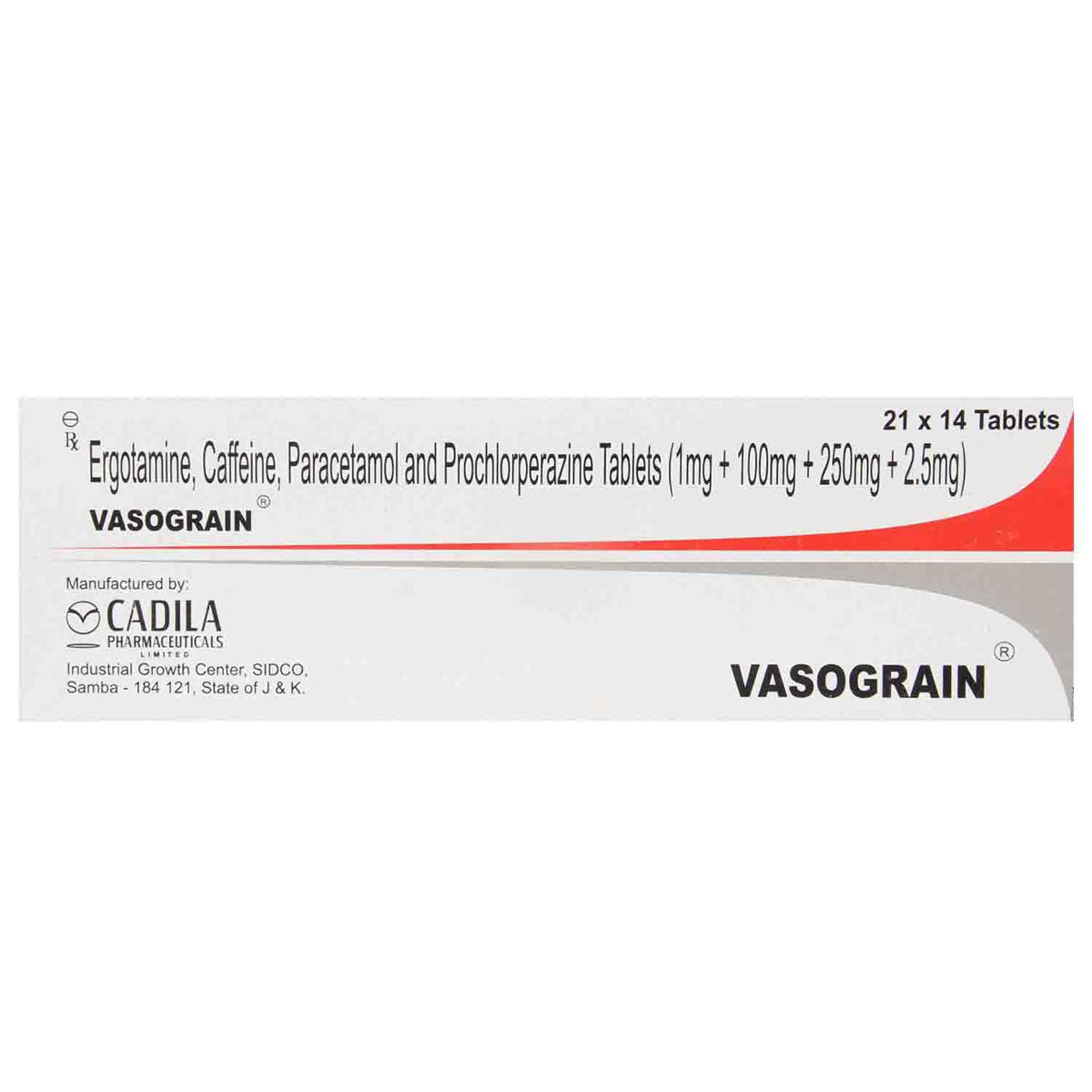 RX
RXVasograin Tablet 14's
₹121.50
MRP ₹135
10% off
 RX
RXDivaa-OD 250 Tablet 10's
₹105.80
MRP ₹117.50
10% off
 RX
RXSibelium 10 mg Tablet 30's
₹142.10
MRP ₹161.50
12% off
 RX
RXDicorate ER 250 Tablet 10's
₹103.80
MRP ₹118
12% off
 RX
RXRizact 5 Tablet 4's
₹223.20
MRP ₹248
10% off
 RX
RXDicorate ER 750 Tablet 10's
₹232.20
MRP ₹258
10% off
 RX
RXSnapit Tablet 2's
₹125.60
MRP ₹139.50
10% off
 RX
RXDivaa OD 750 Tablet 10's
₹232.70
MRP ₹258.50
10% off
 RX
RXCholergol Tablet 10's
₹592.70
MRP ₹658.50
10% off
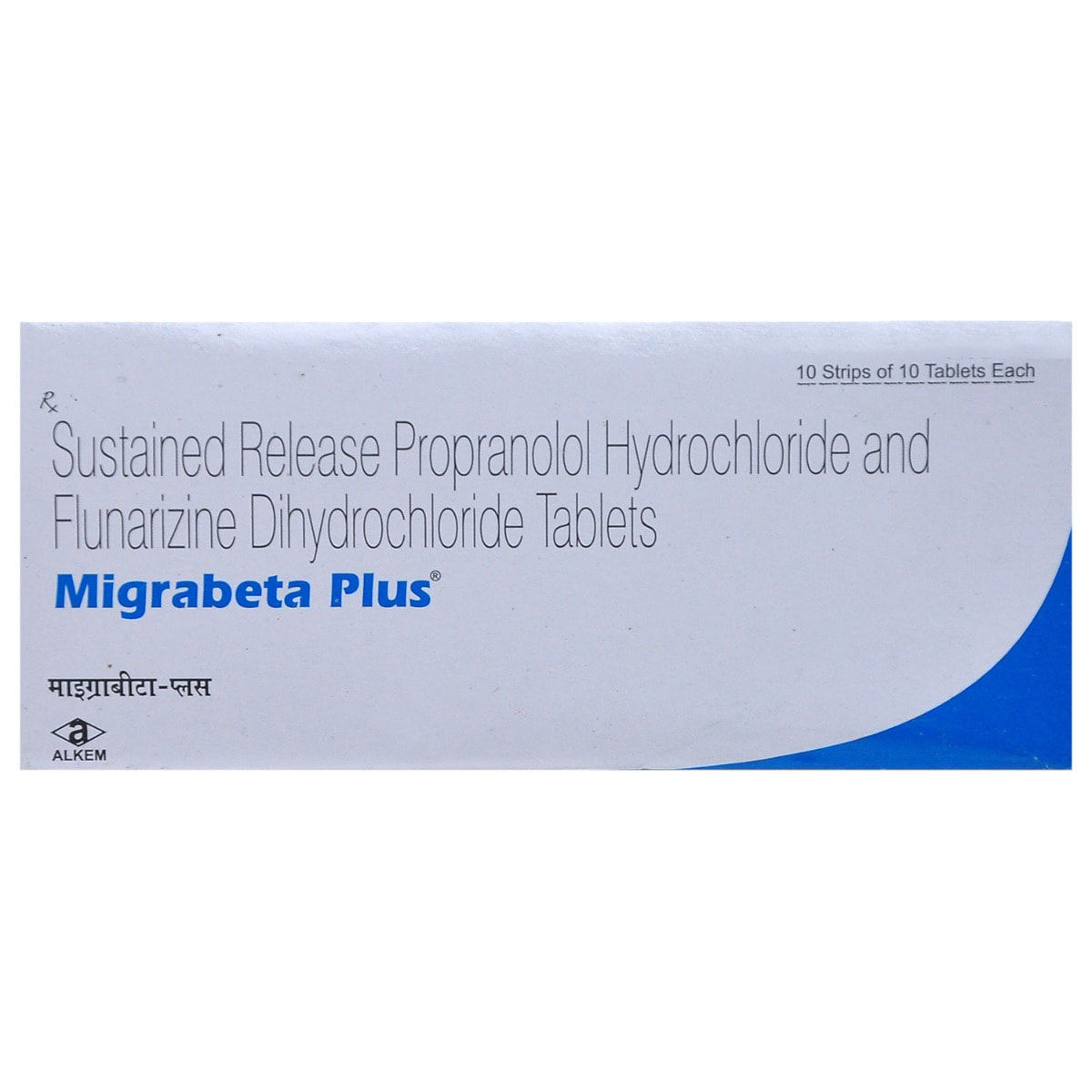 RX
RXMigrabeta Plus Tablet 10's
₹146.70
MRP ₹163
10% off
 RX
RXDepakote 500 Tablet 15's
₹306.50
MRP ₹340.50
10% off
 RX
RXDicorate ER Tablet 1g 10's
₹225
MRP ₹250
10% off
 RX
RXSuminat 50 Tablet 1's
₹55.80
MRP ₹62
10% off
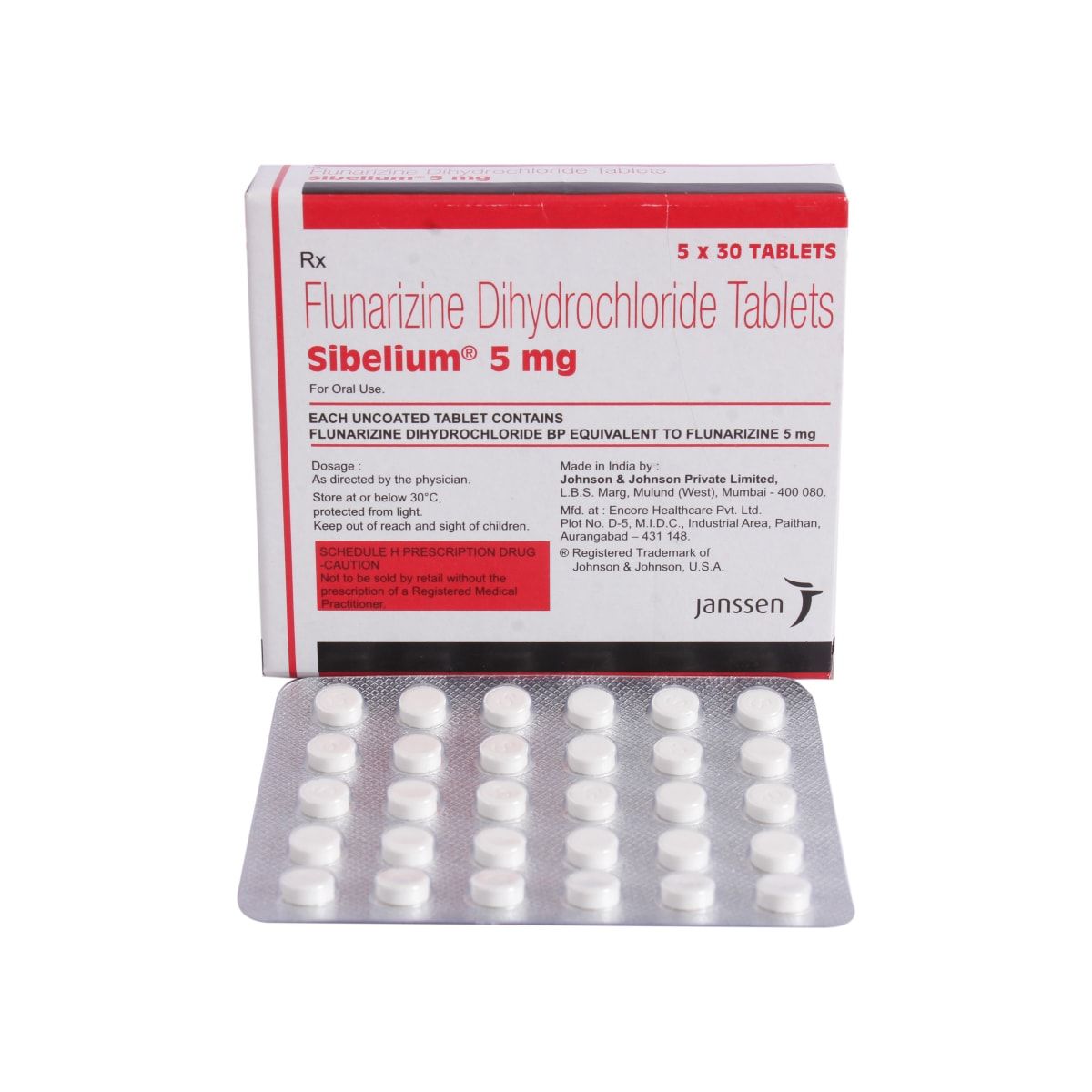 RX
RXSibelium 5 mg Tablet 30's
₹72.60
MRP ₹82.50
12% off
 RX
RXHedfree Tablet 2's
₹96.80
MRP ₹107.50
10% off
 RX
RXDesval ER 250 Tablet 10's
₹90
MRP ₹100
10% off
 RX
RXDepakote 250 Tablet 15's
₹195.30
MRP ₹217
10% off
 RX
RXFlunarin 10 Tablet 10's
₹48.20
MRP ₹53.50
10% off
 RX
RXZinepra 10 Tablet 10's
₹131.40
MRP ₹146
10% off
 RX
RXInderal F 10 Tablet 10's
₹116.60
MRP ₹129.50
10% off
 RX
RXSuminat 25 Tablet 1's
₹32.40
MRP ₹36
10% off
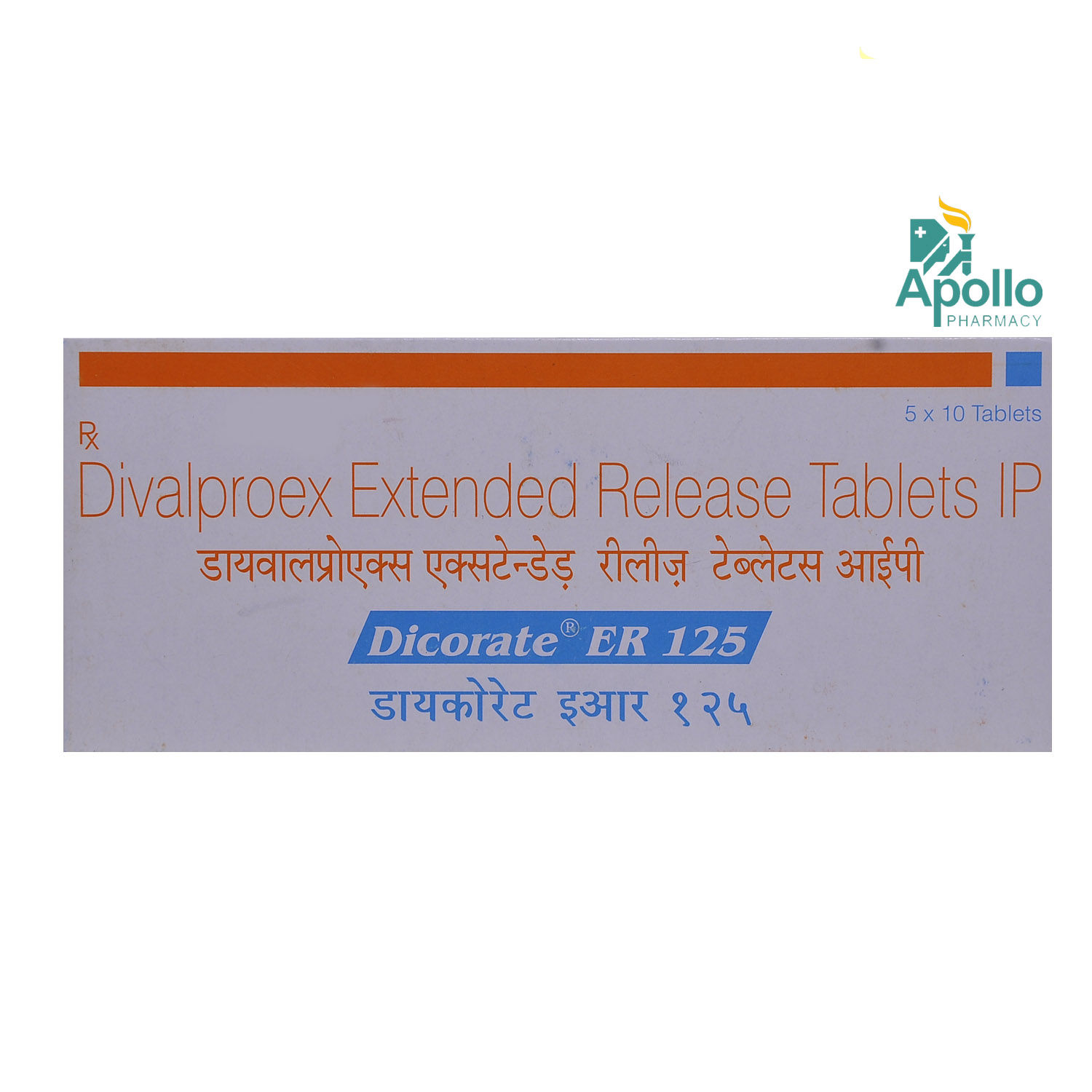 RX
RXDicorate ER 125 Tablet 10's
₹60.30
MRP ₹67
10% off
Apollo Pharmacy is the most trusted pharmacy chain that delivers authentic products and medicines. It provides fast home delivery for healthcare essentials. Explore a wide range of anti-migraine tablets online on Apollo Pharmacy.
What is a migraine?
A migraine is a neural health disorder characterized by frequent headaches lasting for 4 to 72 hours. Men are less likely to have a migraine than women. It causes intense pain and is usually frequent in childhood or early adulthood. Vomiting, nausea, impassiveness, or tingling are some symptoms. However, migraine affects all age groups, as it constantly runs in families.
Signs or symptoms of a migraine
Migraine symptoms begin 1-2 days before the headache, known as the prodromal stage. Symptoms include:
- Hyperactivity
- Food cravings
- Fatigue
- Depression
- Neck stiffness
- Frequent yawning
Migraine with aura is the second stage that occurs after the prodromal stage. Your vision, movement, sensation and speech may get affected during this stage. Some of these problems include:
- Temporarily losing vision
- Difficulty in speaking easily
- Bright spots or light flashes
- Tingling sensation in legs, face, or arms
The attack phase comes after the aura phase, which is the most acute phase of migraine pain. Sometimes, this may occur or overlap during an aura phase, and the symptoms of this phase may persist from hours to days.
Some symptoms include:
- Nausea
- Increased levels of sensitivity to light and sound
- Dizziness
- Vomiting
- Extreme headache
A person experiences the postdrome stage after the attack phase. There is a change in feelings and mood swings during this stage. It may range from feeling extremely happy to feeling apathetic and dull, and mild headaches may continue. The depth and ferocity levels of these phases differ from person to person. There are possibilities that a migraine attack can occur without causing a headache.
Causes of a migraine
The primary cause of a migraine is still unrecognized; however, some factors may trigger this health condition.
The most common factors that trigger migraine are:
- Dehydration
- Bright lights
- Changes in barometric pressure
- Hormonal changes
- Loud sounds
- Redundant stress
- Unusual smell
- Travelling
- Smoking and alcohol use
- Stress
- Certain foods
Types of medicines to treat migraine
Migraine pain relievers function best when used at the first hint of an impending migraine — that is, as soon as the signs and symptoms of migraine appear. If you have migraines frequently, your doctor may prescribe a migraine preventive medication to help you lessen the frequency and severity of your migraine attacks. These medications are taken daily and may be administered alone or in conjunction with other medicines. However, it could take weeks or months for them to start working. These medications are routinely used for several ailments and are also beneficial in the treatment of migraines.
The following medicines can be used to treat migraine:
Migrof 10 Capsules should be taken on an empty stomach, preferably at night. Avoiding stress, smoking, and eating processed foods may help this drug function more effectively.
Taldom Tablet should be taken without a meal and as prescribed by your doctor. If you stop taking your medicines too soon, your symptoms may return.
Sibelium Tablets can be consumed with or without a meal. It is best to take it at the same time every day because it ensures that you are getting the right amount of medicine. Do not miss any doses and complete the entire treatment duration.
Zolitas ODS 5 strip can be taken with or without a meal. Avoid skipping doses and try to complete the entire treatment even if you feel well. In case you miss a dose, take it as soon as you remember it.
Almotan Tablet should be taken at the same time every day, with or without a meal.
Efigraine Tablet can also be taken without or with a meal. Take it at the same time every day as prescribed because it helps to maintain a consistent level of medicine in the body. Even if you feel better, do not miss a dose and complete your full course of treatment.
Is migraine bothering you? Here’s what you can do!
Sometimes, migraine headaches can be severe, miserable, and enervating, but there are a variety of treatment options available. Two broad categories help combat migraine:
Take preventative medicines daily to reduce the ferocity of migraines.
Pain-relieving medications are called unproductive or acute treatments. Take these during migraine attacks.
The choice for treatment depends upon the occurrence and obstinacy of your headaches. Keep a record of the attacks and treatment if you have signs or symptoms of migraine that persist for a long time.
Consult a specialist
If the treatments above do not effectively control your migraine, a healthcare specialist may refer other treatments to you, such as transcranial magnetic stimulation.
Frequently asked questions
Out of five people, four may have a family history of migraines. If any of the parents have a history of a migraine, there is a 50 percent chance of the child developing the same. However, if both parents have a history of migraines, the threat may increase up to 80 percent.
Occasionally, people assume that the pain they are facing is a pressure-type headache or a sinus headache. Showing migraine journals to your doctor may help as they should also be apprehensive about your situation and suggest proper treatment.
No. Migraine headaches don’t cause damage to your head or brain, even when they are severe.
Over-the-counter medicines used to treat migraines include ibuprofen or naproxen. Some specified medications that relieve migraine pain include narcotic anaesthetics and a triptan.
A migraine is not directly related to a stroke. It arises when a blood vessel bursts or gets blocked. As a result of which, the brain cells start dying slowly since they are starved of oxygen.
